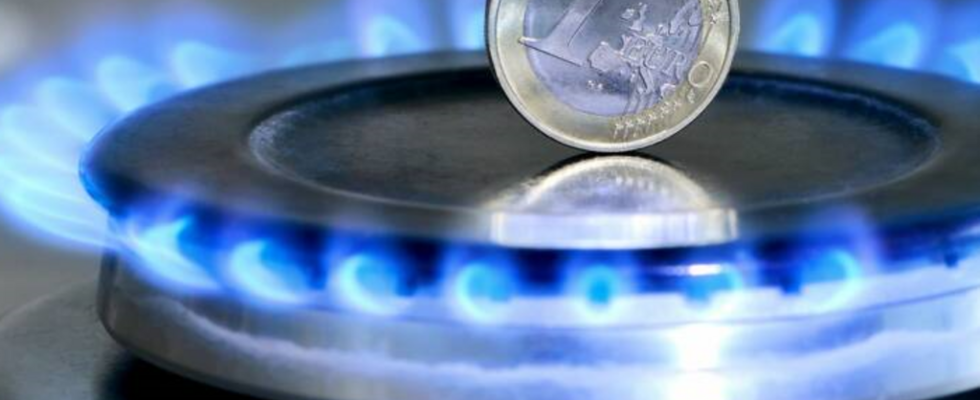The G7 Environment and Climate Ministers (Germany, Canada, United States, France, Italy, United Kingdom and Japan) are meeting this Monday April 29 and Tuesday April 30 under the Italian presidency in Turin.
2 mins
Two big issues are on the menu for this G7: the energy transition and the financing of this transition as well as aid for the transition in developing countries. The G7, which represents 10% of the world’s population and 40% of GDP, is responsible for 25% of CO2 emissions from the global energy system, according to a report published last year by the International Energy Agency (IEA). ). Their mobilization is therefore essential to fight against climate change.
This is therefore the meeting where rich countries will try to agree on their level of ambitions to protect the planet. And the G7 must rise to the occasion, believes Gaïa Febvre, international policy manager at the Climate Action Network: “ What we are going to expect from this G7 is the strong signals of concretization of the commitments that we were able to have at the COP28 around the end of fossil fuels, the need for the tripling of renewable energies and the doubling of the energetic efficiency. We are also awaiting concrete information on financial issues. »
But for the moment, Japan and the United States in particular are not ready to commit to an exit date for coal, the most polluting fossil energy. Both countries are still too dependent on it.
Another hot point: no state wants to commit to paying the hundreds and hundreds of billions of dollars necessary for the energy transition in the world, despite the historic responsibility of the G7 countries in current climate change. “ We hear these countries saying “wait, it can’t always be the same ones who pay”. So we are still on this divide of who can and who must contribute », notes Gaïa Febvre.
This question will also be at the heart of the negotiations during the next COP, at the end of the year, in Azerbaijan.
Read alsoLargest economies invest billions in fossil fuels abroad, says NGO
